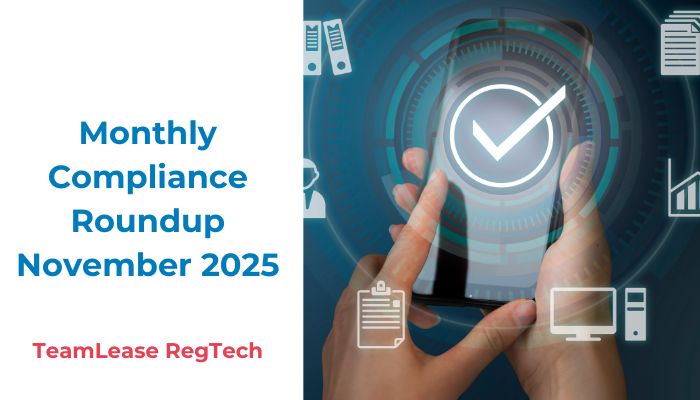A lot of work goes into job hunting or job searching. So, when that work eventually pays off and you become a new hire at that firm you had eyes on, the excitement that follows is impossible to contain. From the moment you get the famous “congratulations” notification, all you can think about is your first day of work.
Everyone gets excited about starting a new position, and they earnestly look forward to their first day at a new job. Some have good experiences on their first day of work. But, for many, the experience can be stressful. Experts say this stress is often caused by a heightened pressure to impress. They suggest that planning can go a long way to avoid getting stressed out on the first day at a new job.
Here are some tips that can help ease your experience during your first day of work.
Get to work prepared
The journey toward making a good impression doesn’t start on the first day you start working at the firm. It starts days, or even weeks, ahead. The pressure to make a good impression around your new coworkers on your first day is real, and without adequate preparation, you’ll get rattled.
To handle the pressure and feel a little less rattled on your first day of work, you have to start preparing ahead for that day. Now, this means sorting for information from the person with whom you’ve been communicating. They can tell you some of the things you might need for your employee onboarding process.
You might also be interested to read: Employee Onboarding – Ways to Welcome a New Employee
Some common things needed for new employee onboarding are as follows:
- Identification – this includes your driver’s license, passport, birth certificate, or SSN. It’s best to ask beforehand if you will need more than one form of identification. In case you’re sending a copy through email, a close-up camera photo will be sufficient.
- Cash – this will come in handy during lunch meetings and, or, coffee runs.
- Blank cheque or banking information – HR will need this to set up a direct deposit for your paychecks.
- Fully charged cellphone and, or, wristwatch – this will help you keep track of time and stay in communication.
- A notepad and pen – your first day of work can involve a lot of note-taking. If you don’t have an electronic means of taking note, a pen and jotter will do.
- Good remote workplace set-up – if you’re a remote worker, you should ensure you properly set up all your devices, accessories, and gadgets. Test and retest them before your first day of work.
- Set a first-day-of-work goal – your first day might be daunting. You will most likely be overwhelmed with a lot of new information. Having a set of goals will help you prioritize and feel accomplished at the end of your first workday.
In addition to showing up with the right sets of documents and mindset, you must ensure you arrive to work on time. Get to work at least 15 minutes before resumption. If you’re unfamiliar with the terrain, practice commuting to the place a few times at rush hour to prepare you for unknowns.
Find your bearing
The organization employed you because there’s a void they believe you can fill with your skillset. On your first day of work, understanding how and where you can be useful should be top of your list of priorities.
As you get to work, find where you fit in and have a fill of your responsibilities. Ask who needs your help or who can help you. If you assume a managerial position, prepare to identify those who report to you. Understand the state of things and give directions as needed.
If you have a boss, present yourself to them and let them know you’re ready to contribute your skills to achieve your team’s objectives.
Your first day of work will involve meeting your new coworkers. Here are some of the things you can do:
- Prepare a short intro about yourself – being the new face in the office people will want to know about you. It’s part of the process of integrating a new employee. To avoid rambling, you can prepare a 30-second pitch that highlights the most important aspects that capture your personality and professionalism.
- Understand the communication style – ask your boss what style of communication they use. It will help for easy assimilation to know if they take questions in-between briefings or, they allow questions only at weekly meetings.
- Ask questions – since it’s your first day of work, you’re going to be needing a lot of directions. Don’t get uncomfortable with asking questions.
- Listen – while trying to show off your skills and competencies, you should also take a step back and listen to your new coworkers. In summary, try to strike a balance between speaking and listening.
- Build relationships – on your first day of work, you will find yourself in a completely unfamiliar social landscape. As a new joinee, understanding the social landscape that prevails within your new workplace and building relationships that will help you get along with your coworkers. If you’re a remote worker, relationship building might be a little tricky. But you can try to be flexible; so your co-employees might feel relaxed and comfortable working with you.
Maintain your authenticity
Your first day of work can put you under a lot of stress. Even the best thought out plans can fall apart on D-day. The key to keeping your cool is to stay calm at all times and try to be as authentic and natural as you would normally.
Although the pressure to impress might be intense, avoid every impulse to act out of character. Don’t try to be perfect or please every new person you meet. You’re a new joinee, and it’s your first day of work; they don’t expect you to get everything right the first time. If anything feels unfamiliar, don’t hesitate to ask for directions. Be polite. Avoid overbooking yourself and leave time for unexpected meetings. Maintain focus and avoid burning through overcompensation.
References:
- How to succeed on your first day of work | Alex Janin | November 23, 2020
- 21 things you should do on your first day of work | Jacquelyn Smith | June 8, 2015
You might also be interested to read:
Related Topics:






